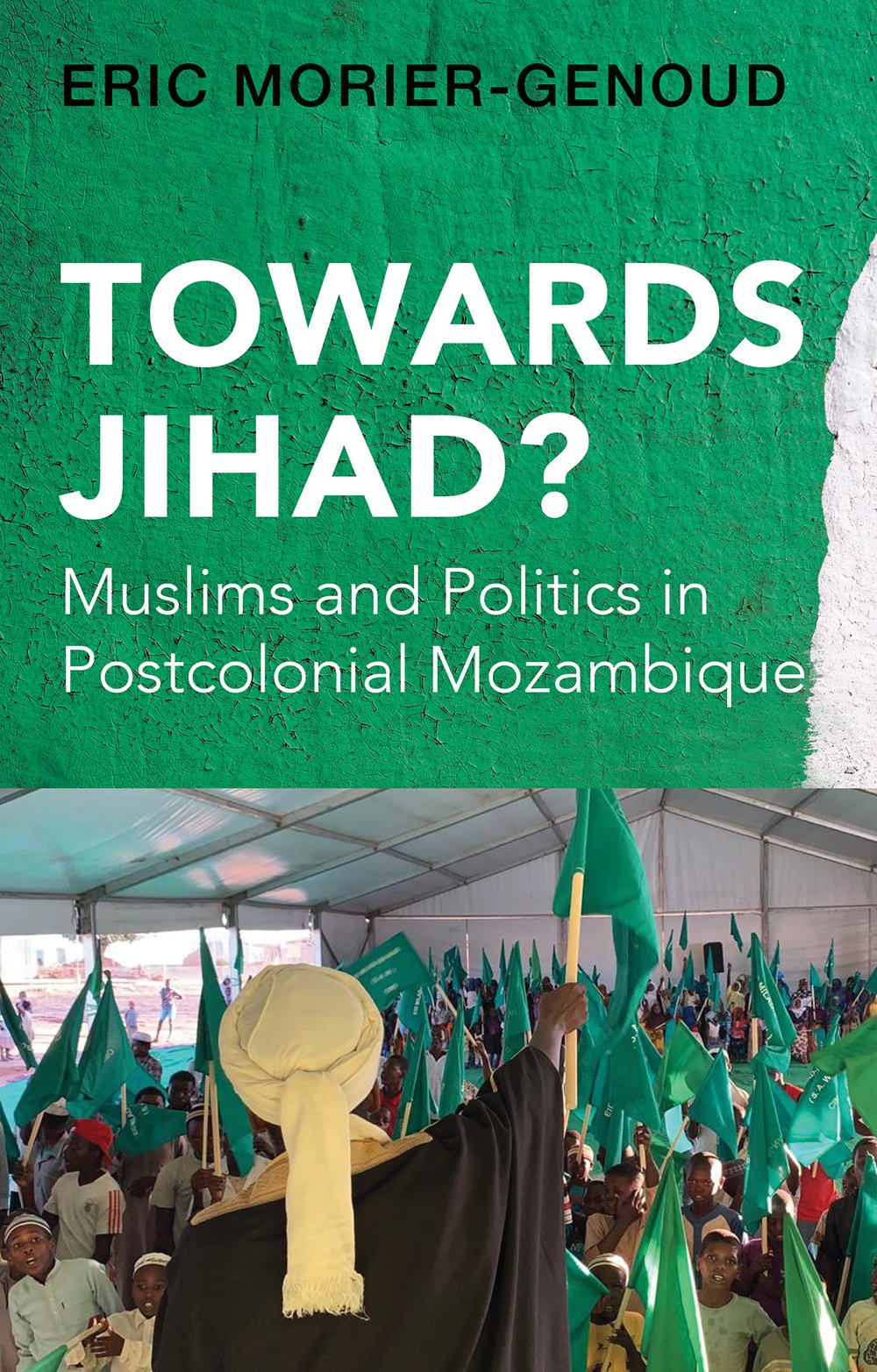Towards Jihad?
Muslims and Politics in Postcolonial Mozambique

Since 2017, Mozambique has been confronted with a jihadi insurgency. This book looks at the origins of that insurgency, and the broader and longer history of the relationship between Islam and politics in the country. Did Mozambique's Muslim politics always point towards jihad?
Eric Morier-Genoud examines the period immediately after independence, when the state engaged in anticlericalism; he then moves across the decades to the 2000s, when the ruling party and the opposition alike courted Muslims for electoral purposes, before reaching the 2010s, when tensions between 'mosque and state' returned. Along the way, he explores a wide variety of phenomena, including the rise of Wahhabism, religious competition, state mediation, secularism, the alleged growth and radicalisation of Islam, and the origins of the ongoing insurgency. What emerges is a rich history, attentive to different branches and elements of the Muslim community, looking far beyond the narrow perspective of jihad.
Taking a socio-historical perspective, Towards Jihad? unpacks a complex dynamic, which the jihadi insurgency is in fact now disrupting. Understanding the long history of Muslims' engagement with politics in Mozambique sheds light on where the country has come from, where it stands now amidst violent unrest, and where it might go next.

Eric Morier-Genoud is a reader in African History at Queen's University Belfast. He has published extensively on politics and religion in South Africa and Mozambique. His most recent volume is 'Catholicism and the Making of Politics in Central Mozambique, 1940-1986'.
